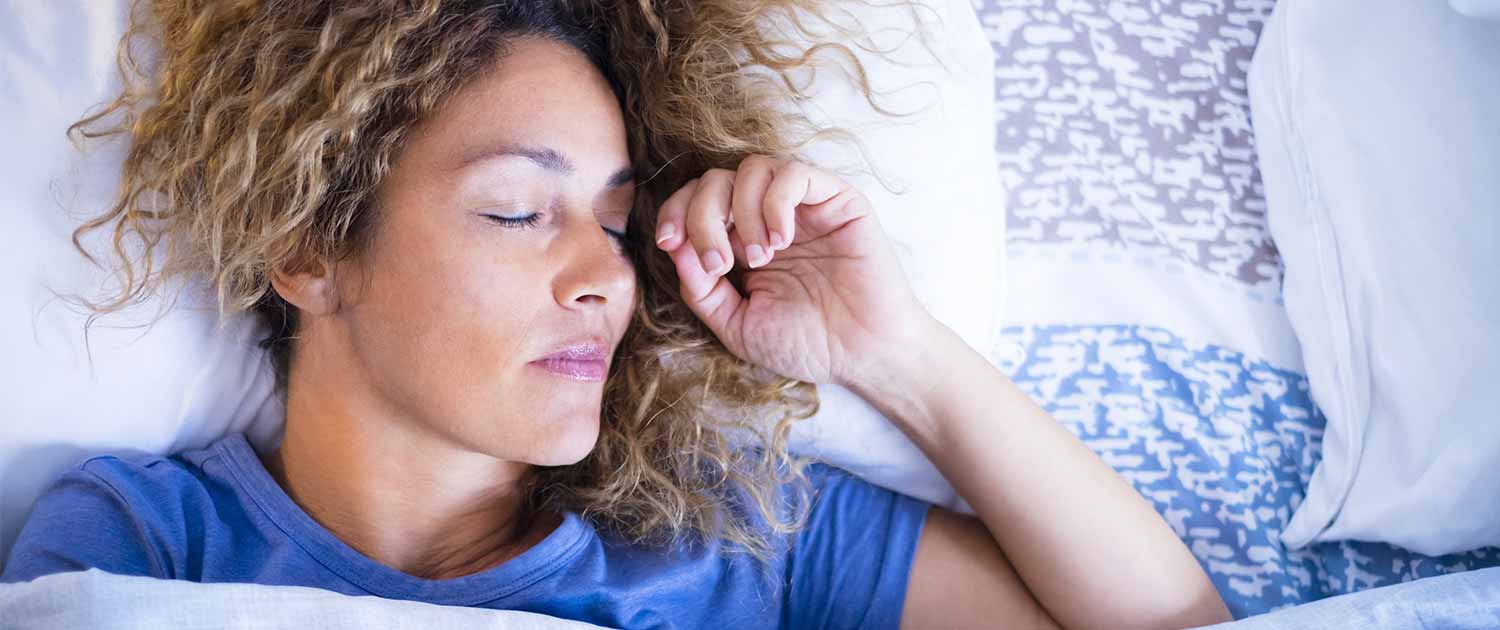How to sleep better with sleep scientist, Dr Sophie Bostock
We’re really excited to bring you this exclusive interview with the Sleep Scientist, Dr Sophie Bostock. If you struggle with sleep – this is a must read / watch article!
Weekly Workout Club family members will know that Jo struggles with sleep from time to time. From emails with our members – we know she’s not the only one and so we wanted to offer some help. Jo tracked down one of the best sleep consultants in the business – Dr Sophie Bostock.
Sophie has always been intrigued by why what makes us feel good and function well. She studied medicine at Nottingham University, followed by an MSc in Entrepreneurship. After several years in consulting, she completed a PhD in Health Psychology at University College London (UCL), investigating why happiness protects against heart disease, and how to improve wellbeing at work.
Sophie’s research pointed to sleep being an unsung hero of mental and physical resilience. She has became a passionate advocate for the importance of sleep and is regularly featured on national media.
Incredibly, she is currently training to row around Great Britain in June 2021. Jo talks to her about this towards the end of the interview.
You can watch their conversation below.
We’ve captured some highlights from the interview below for you …
Why is sleep so important?
How long have you got?
I often ask people what is most important to you? If you really reflect right now on what your main goals are, what you’re hoping to achieve over the next year – we’ve all got something that we would like to work towards or improve whether that’s your relationships or something around your career or your health.
Sleep underpins our health and wellbeing.
So without sufficient sleep, it’s like we are wearing a mental straight jacket. Everything that we try and do becomes a little bit harder. Whereas when you’re well, slept well rested, you are more cognitively alert and focused and able to process information.
You’re more creative. You have more self control from a physical perspective. You’re much better able to manage stress. You’re able to relax a lot more, and that helps you to recover when you’ve done a lot of pilates!
Your damaged tissues recover faster, you can recover faster, and you’re going to be able to fight off infection better as well.
Sleep is what helps us to rebalance and to reprocess our emotions at the end of the day. We’ve all had that feeling when it’s the end of the day, and you’re just at the end of your tether – you can’t take any more. You sleep and then you wake up and if you have a good night’s sleep, you feel refreshed.
And then there is this process of emotional detachment as we go through experiences from the day and we process those while we sleep.
We know that there’s this process of detaching facts from emotion, so that we’re able to look back on things in a much more objective way. We kind of lose the, the ‘heat’ of, of what’s happened after a good night’s sleep.
JO: So the adage of sleep on it is properly true? The experience of ‘sleep on it’ – everything will be fine in the morning because you will look at it with a clearer head …
It really is – yes!
How long would you say is a good night’s sleep and what should we be striving towards?
I am so glad you asked this question because you can always tell people who have the odd difficulty with sleep, because they are very interested in the precise “yes or no”… have I got it right? have I got enough … what’s the level that I need to hit?
The more you fixate on a specific level … the more you actually get anxious about whether you’re getting enough.
It’s a little bit like people who are always on a diet and they always want to get the amount of food and calories just right. But actually when you look at the science of it, it’s not about calories at all. It’s about quality and it’s about having a balanced diet and in a way there’s lots of similarities with sleep.
What are your 3 top tips for sleep?
1) Don’t fight with sleep in your bed.
If you really can’t sleep after let’s say 20 minutes and it doesn’t have to be precise. (I don’t want you looking at the clock) it’s more feeling that, Oh, I really, really can’t sleep if you feel that and you’re starting to get anxious about it. Get out of bed.
2) Wake up time
This becomes very difficult when you’ve had a bad night’s sleep. And I’m saying to you, I want you out of bed at the same time every day. When you’ve only had four hours sleep, I know that will be hard! But if you do manage to get up and get on and go about your day, the following night – think how much richer your sleep is going to be, because you’re going to have built up a real need to sleep and you will look forward to it!
If you’re really fatigued, then a quick 15-20 minute nap in the afternoon is probably is not going to interfere with your night time sleep. Just try and avoid long naps late in the day. That’s a particular thing for parents who are so tired, they put their kids to bed and then fall asleep with them. When it’s time for them to come to bed, they’ve used up that sleep pressure.
So try and use sleep pressure to your advantage. If you’ve had a bad night’s sleep, just stay awake almost for a good decent chunk of the day so that you can really delight in sleep the following day.
3) Sunlight
If there was any medicine I could give everybody, it would be sunlight.
We’re in England and it’s not always sunny, but still daylight still has this amazingly restorative power for our brains. So if you feel a bit sluggish either in the morning or perhaps in that little lull after lunch, where energy levels tend to dip, get outside and get some natural daylight.
That really will have a more rejuvenative and healthy effect on your circadian rhythms than say drinking caffeine, which disrupts sleep pressure.
Find out more about Sophie
You can visit her website here.
You can also find out more about her incredible row around the UK endeavour and sponsor her here.
You’ll be able to follow her progress on her Instagram too.

